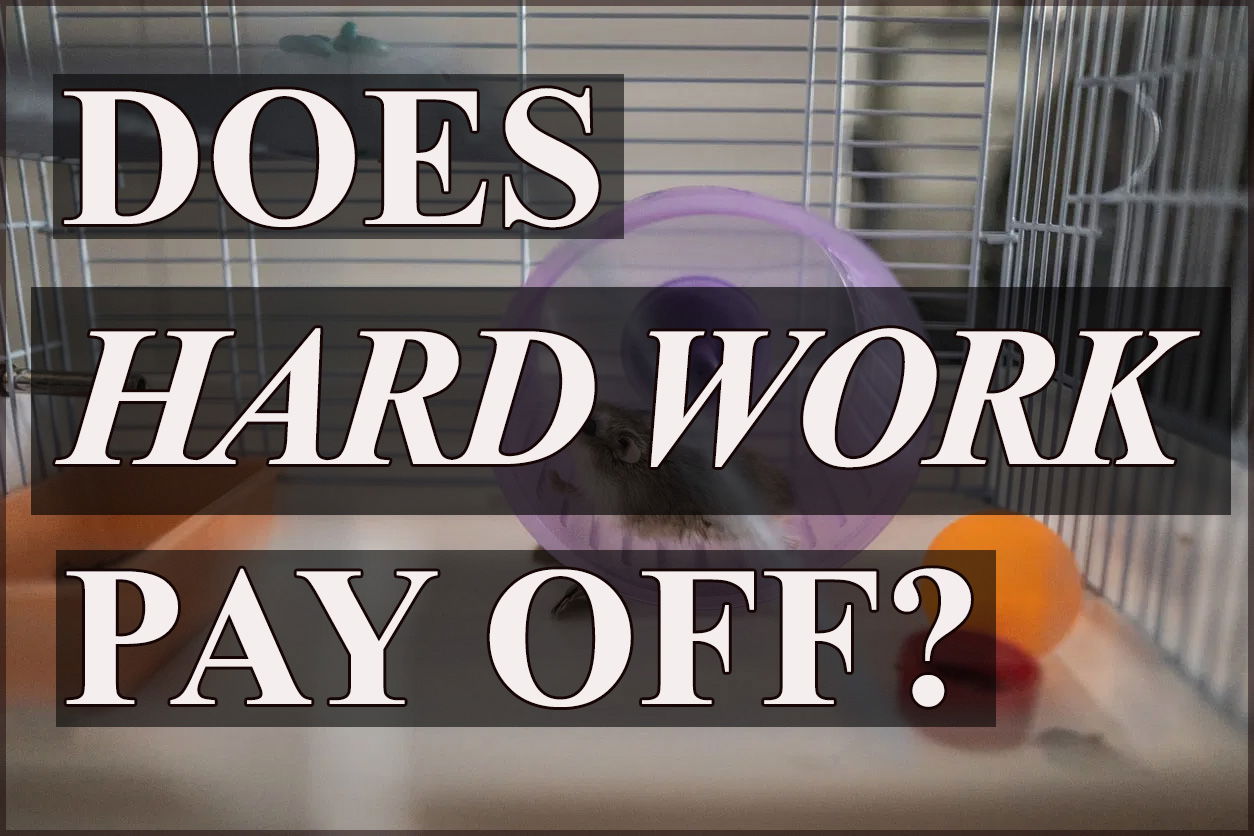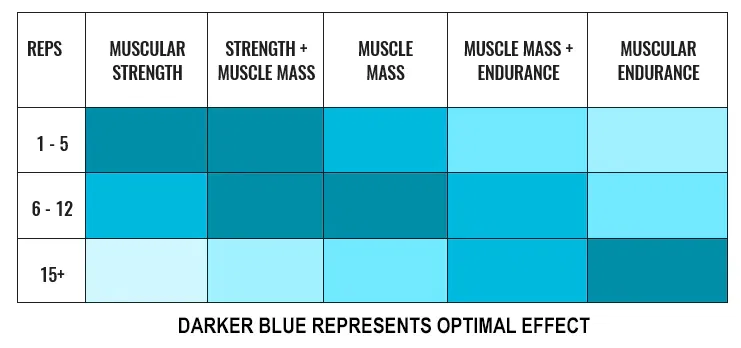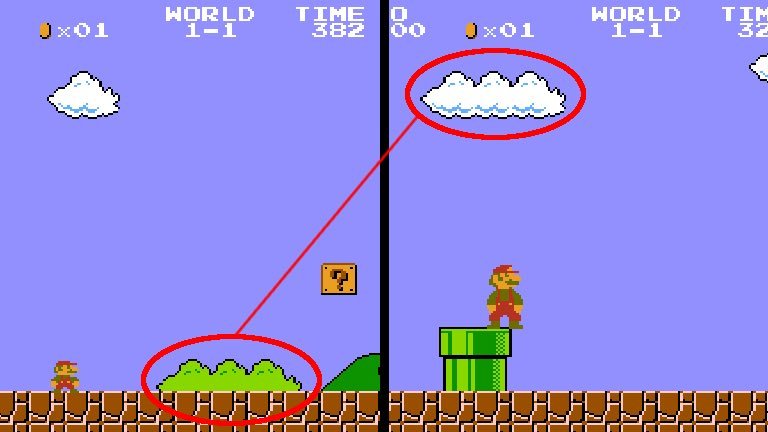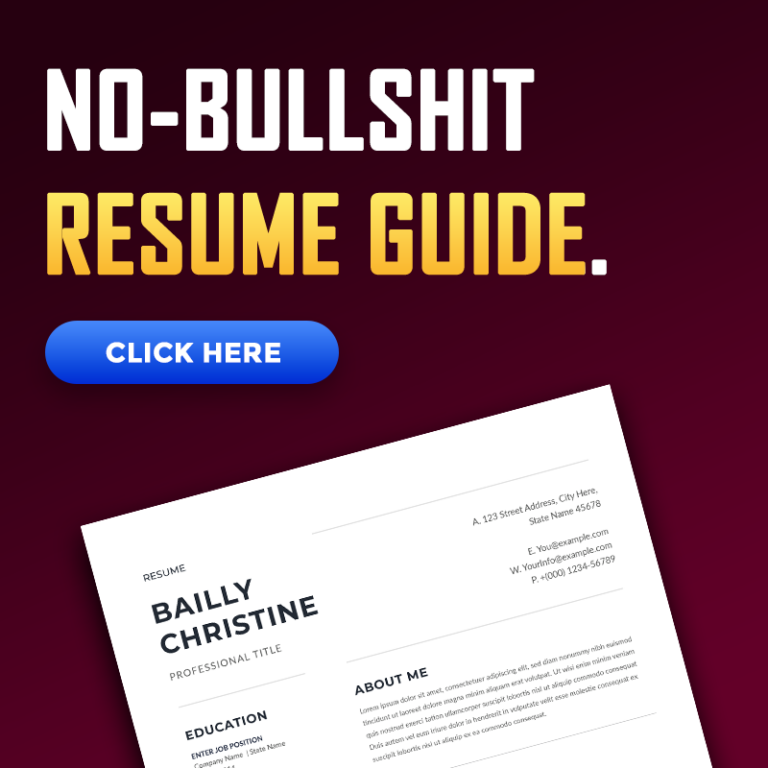Bob was a hard working corporate employee. He worked day and night and sacrificed his health and his family so he could spend more time working for his employer. He was told hard work always pays off. And his hard work paid off. Not for Bob, but for the shareholders of his company.
Now of course the employee got a slightly bigger bonus and maybe got promoted a little faster than others around him, but the main profiteers from his work were the people who owned equity in the business he worked for.
Is this fair? YES.
Even though the communists don’t like to hear it, but profits only belongs to people who take risks and own equity in a business. Either they risk their time (founders) or money (investor).
The employee gets paid out whether the company does well or does poorly i.e. he has taken little risk, and he gets little rewards.
With that clear, let’s answer the question: Does Hard Work Pay Off?
The answer is that it usually does if you own the equity.
If you don’t own the equity, it doesn’t pay much. You don’t get the business profits, only your cost of labor.
This is something the masses do not understand and that’s why they are broke despite working so many hours each day for decades of their life.
They’ve just been told that they need to “work harder” and they’ll get richer.
This is “true” but it’s like saying if you “push the car accelerator harder” you will go faster. Well what if your car is speed capped at 12 kmph? You’re not going anywhere far at that speed, are you?

Hard work only works if you own equity in the thing you’re working hard at.
Otherwise it just makes someone else rich.
If you’re broke, you don’t need to “work harder” in general, you need to find a way to get equity.
There are three ways of doing this:
- You start your own business and thus have 100% equity to begin with.
- You use money you have to purchase equity in a business. This requires a lot of money/capital that you probably don’t have.
- You negotiate with your employer to give you equity instead of cash payouts. This requires leverage i.e. your position in the company should be so strong that they’re willing to give you equity. This can be that you are the person who brings in the key clients, or that you have skills that the company will struggle to replace (unfirable), etc.
For most people, the only viable solution is to start your own business where you have 100% equity.
When most people think of business, they think of complicated things like lawyers, sales funnels, etc. but what I mean here is anything simple that you can sell.
What I mean is that you’re better off spending 3 months to learn something like web design and then spend 3 hours a day pitching clients and doing client work instead of working longer hours at your regular job.
If you worked hard at learning and selling web design, you could even replace your entire job in a few years and make more money working fewer hours in the long run.
Did the hard work pay off? Yes, for you because you owned equity in your design business.
If you did the normie thing and just worked hard for your boss, at best you’d have made an extra $30k in bonus over the years. You’d still be stuck in the employment cage with no hope of escape.
Did your hard work pay off? For the shareholders, it did. They got their dividends and their share prices increased.
This is the truth of life that they don’t tell you when you’re young and impressionable (big mistake). They keep telling you that you need to work hard to succeed but that only works for succeeding academically.
To succeed in real life, you need to make sure you have equity otherwise you just end up making someone else rich.
If you have children, make sure you teach them this. Don’t tell them if they work hard, they’ll be successful. Tell them if they work hard AND own equity, they will be successful. If they don’t have equity, they will just make other people successful.
Give them the right mental models to begin with so they don’t have to learn things the hard way.
– Harsh Strongman
P.S. If you have children I will very strongly recommend teaching them all the basic mental models from an early age so they become good at thinking. It sets them up for success.










![Traits Women Find Attractive Traits Women Find Attractive (And How to Score Yourself) [PART 1: Physical Aspects]](https://lifemathmoney.b-cdn.net/wp-content/uploads/2025/11/Traits-Women-Find-Attractive-1.jpg)








































































